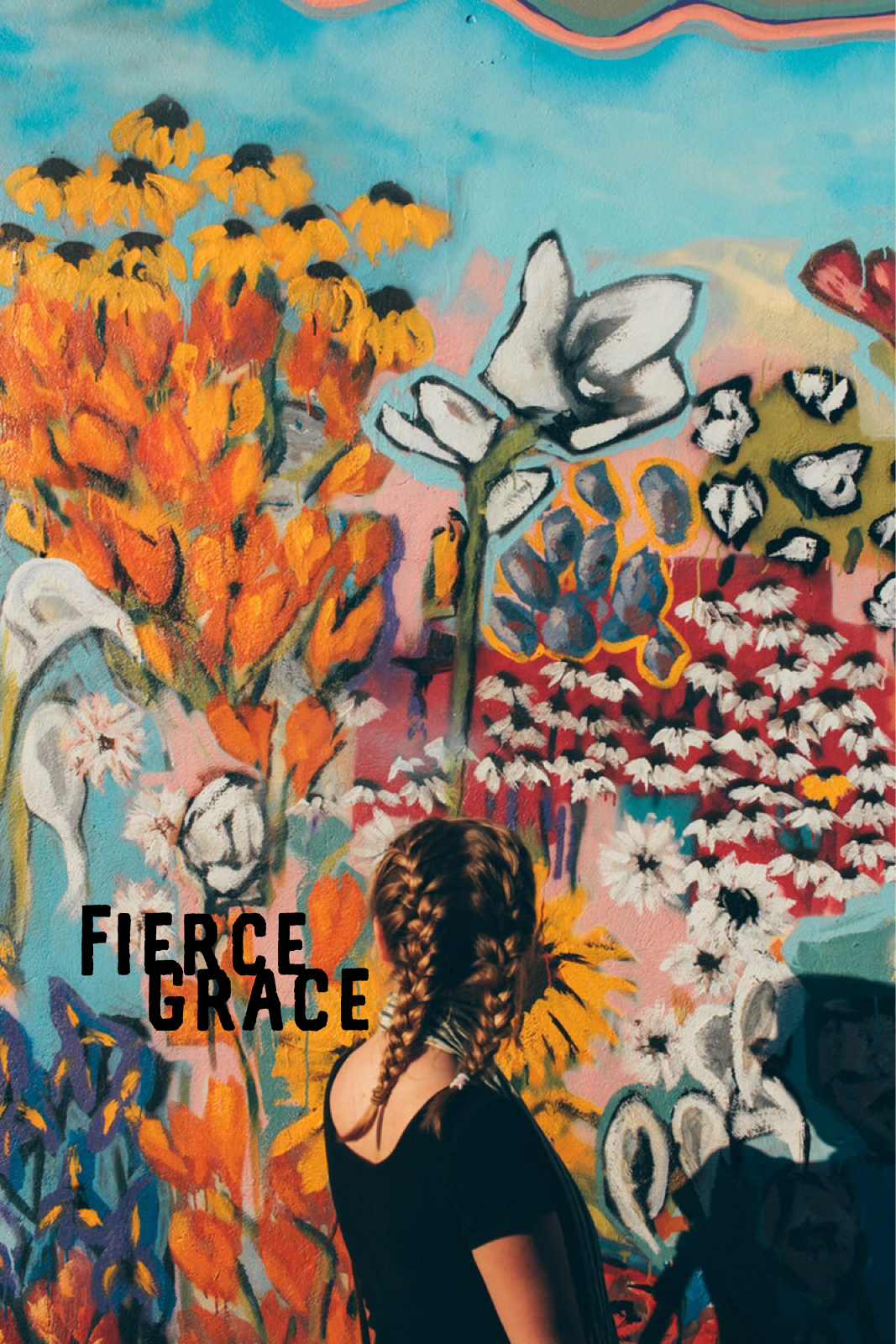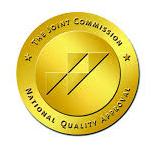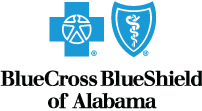Program Features
Traditional Therapies Combined with Experiential and Expressive Arts Programming
Our goal is to create an environment of “truth without judgment” and “compassionate curiosity”, that promote the healing and recovery of the whole person.To ensure best practices, ACED incorporates evidenced-based therapies and techniques including, but not limited to:
Acceptance and Commitment Therapy (ACT)
Cognitive Behavioral Therapy (CBT)
Coping Skills and Emotional Regulation Development
Dialectical Behavioral Therapy (DBT)
Eye Movement Desensitization and Reprocessing (EMDR)
Family Based Therapies (FBT)
Individual, Group, Psychodynamic, and Interpersonal Therapies
Motivational Interviewing
Mindfulness-Based Therapies
Neuro-Linquistics (NLP)
Experiential Therapies
Those suffering with eating disorders often struggle with the use of and finding their voice. Many clients have shared that they have difficulty finding the words for what they feel, or trying to talk in a group, feeling too vulnerable to openly speak about painful, emotional things. Some clients have shared they “simply don’t have words for what they are experiencing”. Experiential therapies allow clients to find other ways of communicating what they feel they cannot say or access in the moment. In a sense, it’s way to say the unsayable.
Experiential therapies give clients an opportunity to explore their emotions, successes, failures, and the roles they play in life on a deeper level. It allows the client to pull out of their comfort zone in a safe, non-threatening, and playful way.
Experiential therapies can include many different activities including hikes in nature, psychodrama, guided imagery, games, team building strategies, family sculpting, equine therapy and others in which the client is fully engaged in a process other than talking.
Expressive Arts Therapies
Expressive arts therapies are evidence-based, integrative mental health, and human services professions that use kinesthetic, perceptual and sensory interventions to support developmental, personal, and relational treatment goals. Creative expression engages the mind, body, and spirit to assist in improvement of mood, development of alternative coping skills, increased self-regulation, and improved quality of life.
ACED recognizes the value in the arts as a vehicle for healing. Clients engage in art therapy, creative process, improvisation and role play, theater, music, and creative writing as a way of finding their path to healing and long term recovery. Like experiential therapies, expressive arts therapies and creative processes also assist clients in the development of coping skills and avenues of personal expression that become lifelong resources and enhanced quality of life.
Exercise As Medicine
ACED believes in recovery of the whole self. Research has proven that movement is critical to longterm health and well being. We recognize that those struggling with eating disorders may also struggle with a significantly disrupted relationship to exercise. Our goal is to help each client develop a balanced relationship to movement that allows them to create a healthy lifestyle that is foundational for full recovery.
We have witnessed many clients restore their relationship to exercise after many years of being told they have to give up exercise to recover. While physical health and restoration are priority when our clients first arrive, restoring a relationship to balanced exercise is a core component of each clients recovery plan based on their specific needs and lifestyle. Clients diagnosed with eating disorders often struggle with regulating much more than just food and food related behaviors. Our goal is to help them reestablish a healthy communication with their body on all levels.
We want each client to find the gift of learning to trust themselves from the inside out, whether it’s listening to their hunger or knowing when to stop an activity. Recovery is defined by a clients ability to know they can be in charge of their own bodies in healthy and safe ways that allow them the spontaneity and autonomy that fuels a full and beautiful life.
Our team includes a group of compassionate trainers, yoga instructors, pilates instructors etc., to evaluate and develop a specific healthy exercise recovery plan for each client to enhance health, body image, body acceptance, challenge distortions, and find joy in life that supports connection to self and others. Individualized exercise recovery plans may include but are not limited to the following:
Yoga
Walking
Jogging
Free Weights
Dancing
Personal training tailored to specific client need
“The body is living art. Your movement through time and space is art. A painter has brushes. You have your body.”



